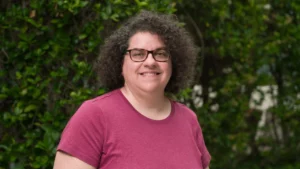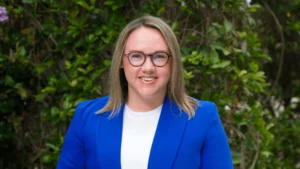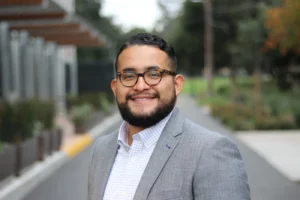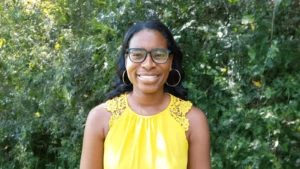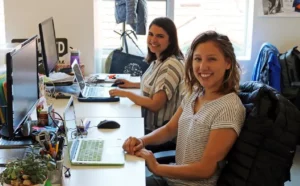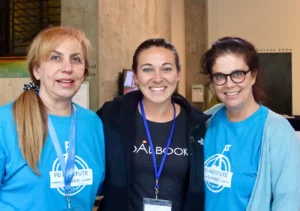Transitioning From the Classroom While Keeping Your Goals and Mission in Mind
Kia Britt is a member of the Success team at Goalbook. Before joining Goalbook, she was a 6th grade teacher, a school level lead, an assistant principal, and a learning support coordinator at the district level. In this Q&A, Kia shares how her transition from teaching to the private sector allowed her to reach her goal and mission of expanding her educational impact.
What inspired you to go into teaching?
I was fortunate that my teachers from kindergarten through 4th grade were all women of color, so they were a huge inspiration to me and served as a symbol of empowerment as they performed the critical work of educating and continuing cultural traditions necessary for student growth and development. They were my role models and women I aspired to be like.
My kindergarten teacher was absolutely amazing in how she engaged us, motivated us, and expanded our life experiences. She truly put the world in our classroom, and I thought, “I want to give this experience to other students.” From then on, providing a great education to students became my mission in life.
Was there a specific moment when you first considered transitioning to the private sector?
For me, working in the private sector was a dream. I was on the trajectory to become a principal, but I wasn’t ready for that yet, so I needed to stay in my current position or leave. I was unsure of how well I would do in the private sector, but I knew my main goal was to expand my impact in education, and I knew the private sector would allow me to do that. So, I thought, “Let’s make this dream a reality.”
I was unsure of how well I would do in the private sector, but I knew my main goal was to expand my impact in education, and I knew the private sector would allow me to do that.
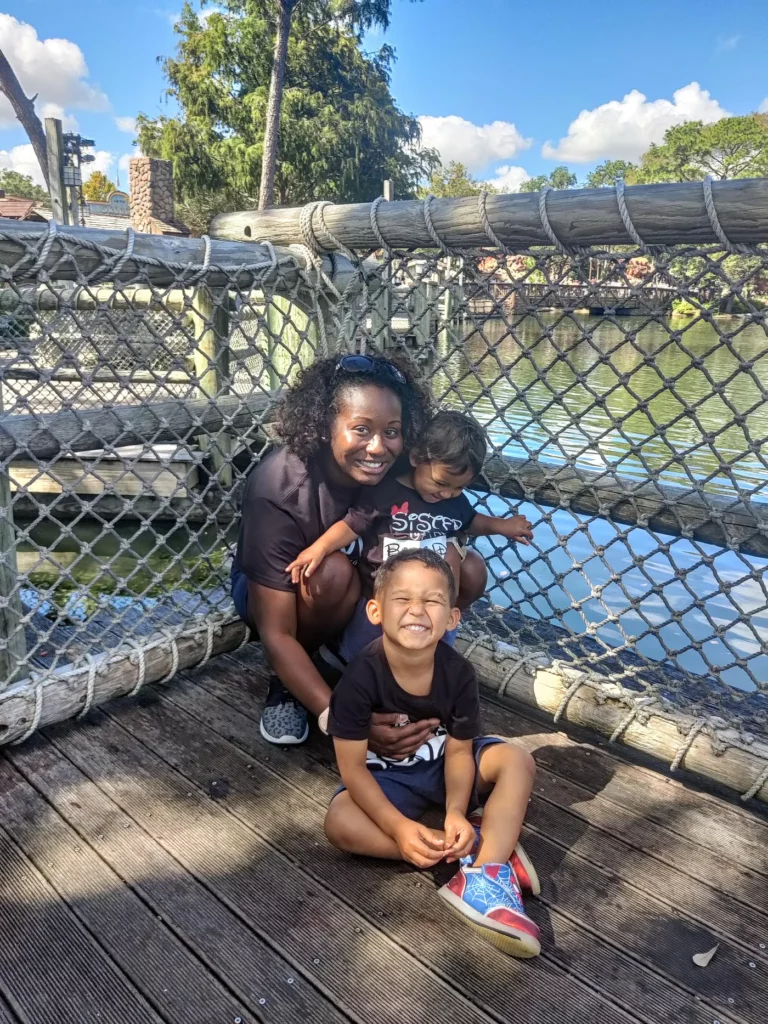
As you explored that transition, did you have any hesitations since you were on a set path in education?
I had hesitations because I was leaving my students and colleagues in the classroom. I had a lot of conversations with my learning community superintendent and principals about my decision. Even in my position as a district lead, I had a lot of touch points with students which made it even more challenging to leave. On my last day working with the kids whom I’d developed a rapport with, it was hard telling them that it was my last day being with them. But I thought about the bigger picture and how the transition was ultimately part of my goal and mission, and that got me through it all.
How did you decide what type of work you wanted to do in the private sector?
In my previous roles, I had the honor and privilege of coaching teachers and district leaders. I knew if I were to transition to the private sector, I still wanted to have an impact and touch point with those leading the work at district and school sites.
Funny enough, I learned about Goalbook while in my previous position when I had the opportunity to attend a Goalbook Overview Session and immediately fell in love with Goalbook Toolkit! A few weeks later, I learned about a customer success role at Goalbook via LinkedIn. Once I learned about the role, I knew it was perfect for me!
I knew I would like this work as it would allow me to work with phenomenal educators and district leaders across the country interested in advancing student outcomes. My personal and professional goal was to expand my impact on education, and this role allowed me to do just that.
It is one of the best things to happen to me professionally.

What tasks or skills did you have from teaching that you have applied to your current role as a District and Customer Success Manager?
Communication. Communication is a large umbrella. When I was teaching, I communicated with my students to ensure they understood the content. As an assistant principal, I did a lot of work in communication as I coached teachers and led professional development sessions. Communication is very important in my current role as well. We communicate with partners on the phone and work with educators on how Goalbook Toolkit will improve their work. It is important to ensure communication is clear so that the partner and I are on the same page and able to effectively work together towards school and district goals.
Reflect on your experience and the skills you currently possess and how they relate to the job you are seeking. Most likely, you will find that the same skills are needed, just in different situations.
What advice would you give to educators who feel like their skills may not transfer to the private sector?
You’ll be surprised what skills are transferable! I definitely felt that way, but I learned there are a lot of valuable skills we use for teaching. Reflect on your experience and the skills you currently possess and how they relate to the job you are seeking. Most likely, you will find that the same skills are needed, just in different situations. For example, how you give feedback to students is different from giving feedback to adults, but it is transferable.
What would you say to educators who may be hesitant or feel guilty about leaving the classroom for educational work in the private sector?
You’re not alone. It’s normal to feel guilty, especially when you committed yourself to your students. Most people who have moved to the private sector from the classroom have felt some level of guilt. However, keep in mind your overall goal and mission. I knew my mission was to expand my impact on education, and I knew by moving to the private sector, I’d be able to do that. And I have done that! If you truly reflect on your goals, it will help you feel better.
Keep in mind your overall goal and mission.
In your current role, do you feel like your work is contributing to the education system?
All the time — and I’ve expanded my impact. On the traditional route, I supported 30 schools, but there were 200 schools in my district, and I wasn’t going to expand my impact in that role. Now I may not be directly working with students, but that doesn’t mean I’m not impacting what’s going on in education. Seeing and hearing teachers say, “Oh my gosh, Goalbook Toolkit is something I can use right away” — that’s impact, and impact we’ll see immediately after a training session. So every day, I know I’m making a direct impact in education.


